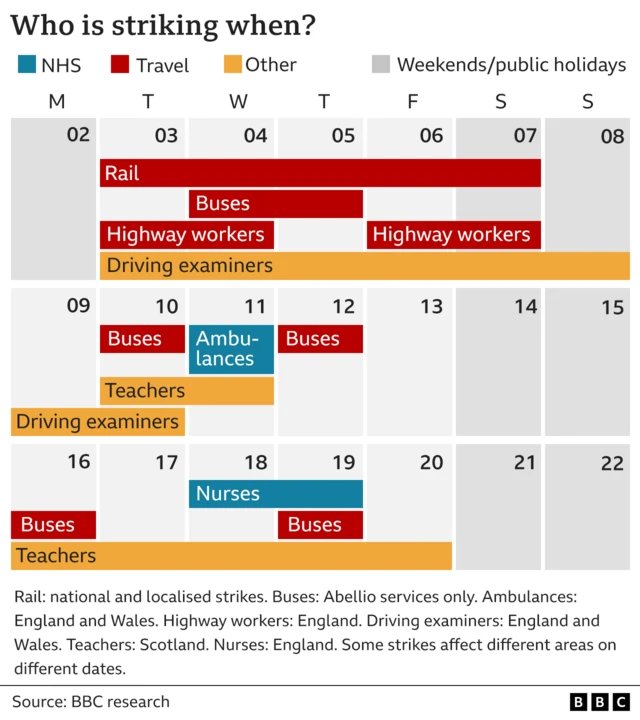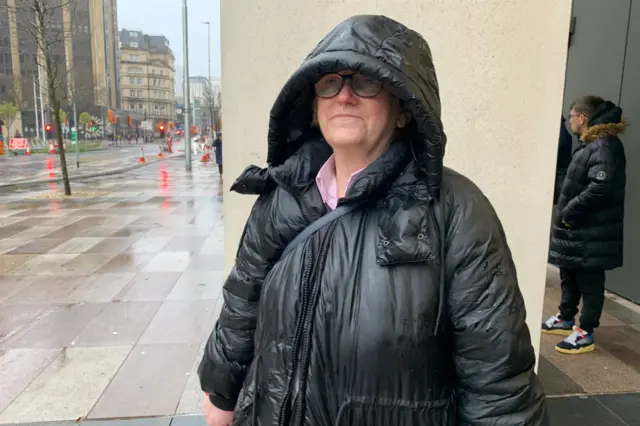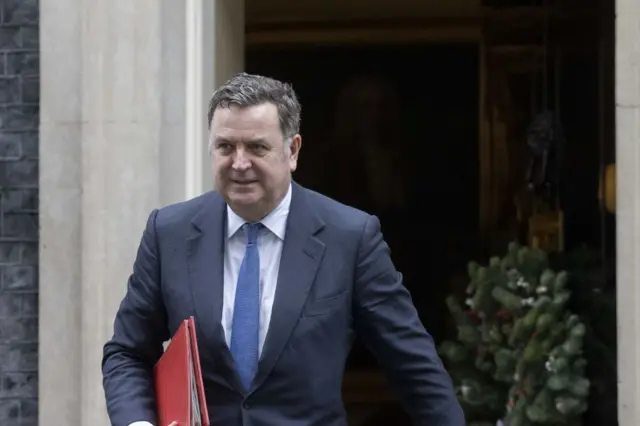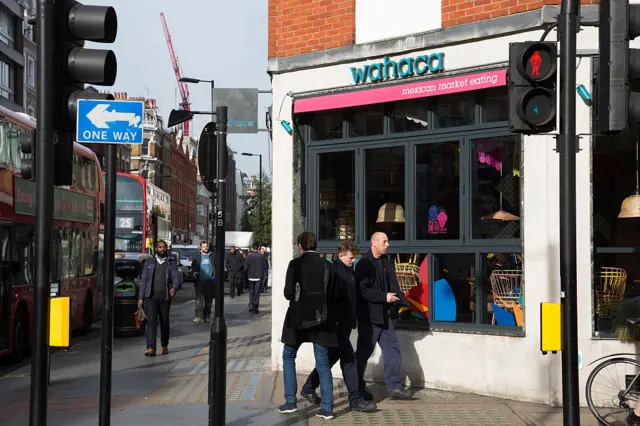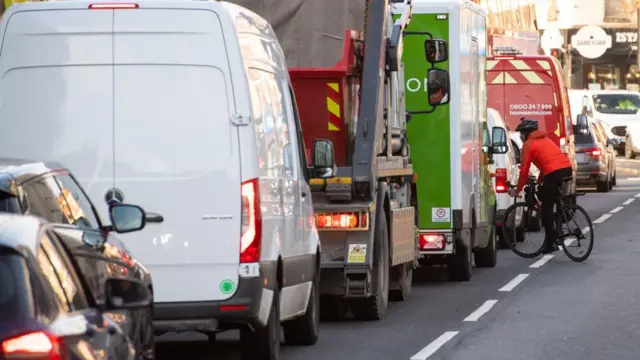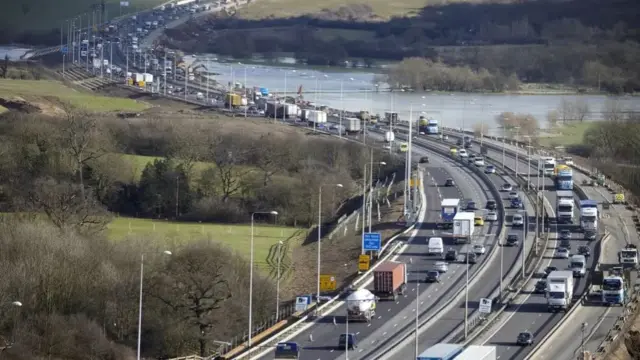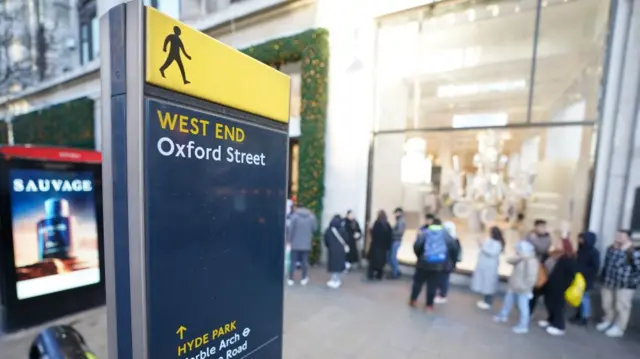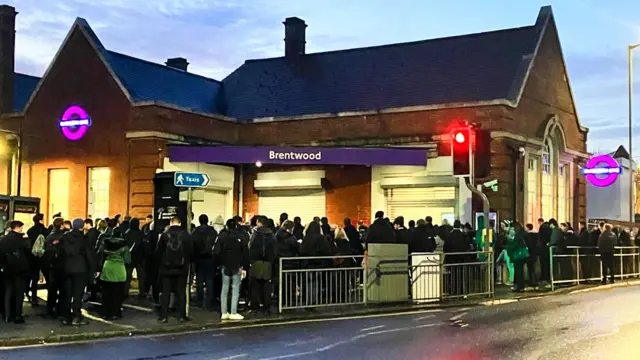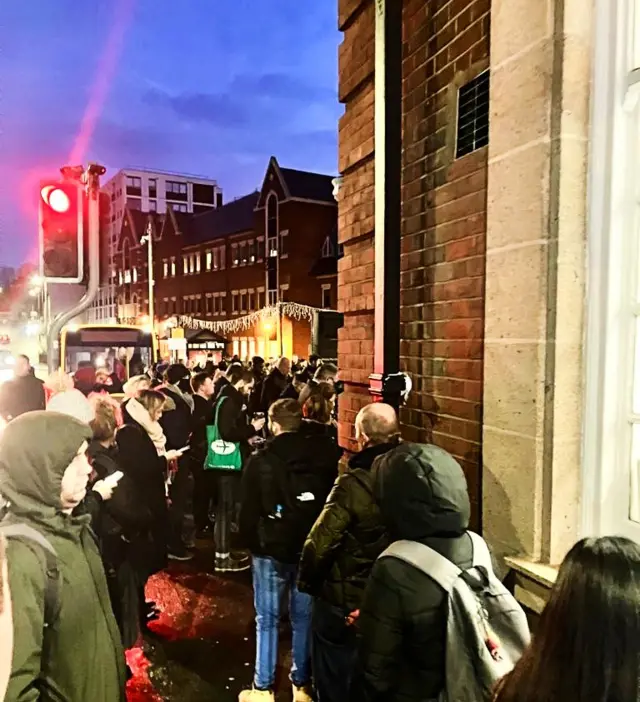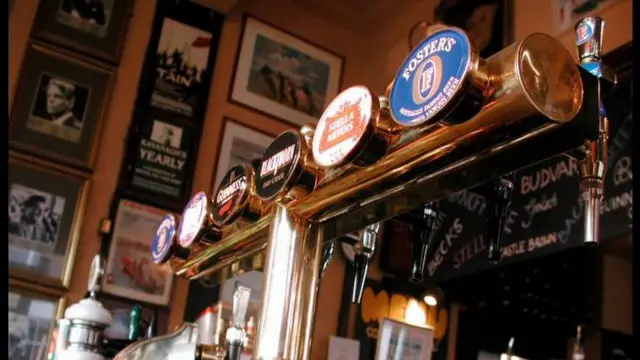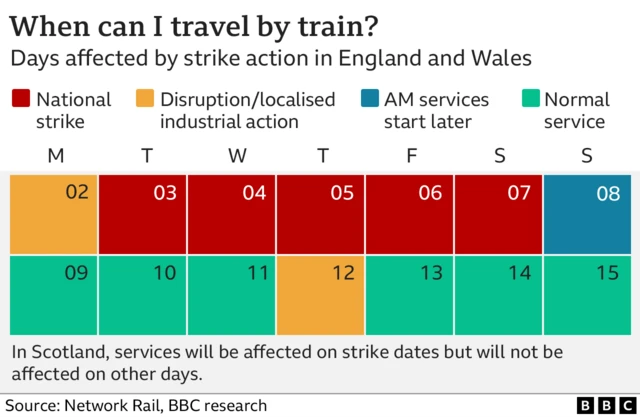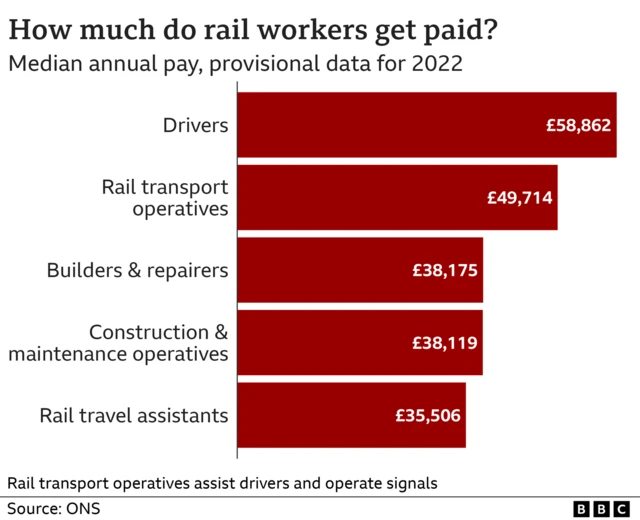We're pausing our live page soon...published at 17:16 GMT 3 January 2023
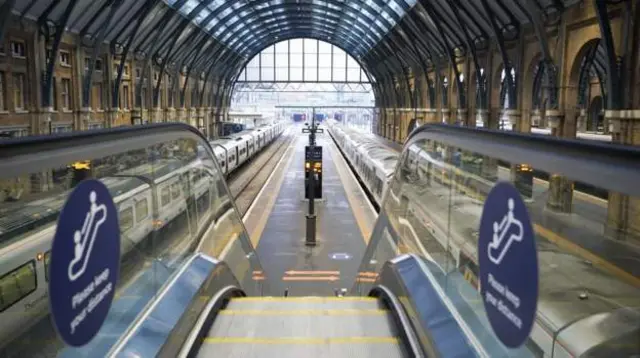 Image source, PA Media
Image source, PA Media...but before we go, here's what's been happening on 2023's first day of strike action:
- Most rail services have not run today - during the latest walkout by 40,000 RMT union members at Network Rail and 14 train operating companies
- Two 48-hour strikes have been planned this week by the RMT in England, Scotland and Wales. Members of the drivers' union Aslef will also walk out on Thursday
- The unions remain in dispute with the government and rail companies about pay, job cuts and changes to terms and conditions
- RMT union leader Mick Lynch today accused the government of "blocking" a deal with the unions, and refusing to engage over the Christmas period
- The government insisted it wanted to facilitate a deal, and blamed the other side for the ongoing impasse. Transport Secretary Mark Harper said: "I'd rather they got off the picket line and got back around the negotiating table"
- State-run company Network Rail said a deal was within "touching distance" - despite the fact the last offer was rejected
- Many commuters have spoken to the BBC and called the disruption "frustrating", "really inconvenient" and "just not fair"
- But other rail passengers said they supported the strikes, with comments such as "strikers are causing chaos for a reason" and "do I hold any grudges against those on strike? Not one bit"
Today's live coverage was brought to you by Rob Corp, Samuel Horti, Jack Burgess, Aoife Walsh, Gem O'Reilly, Sam Hancock and James FitzGerald.
